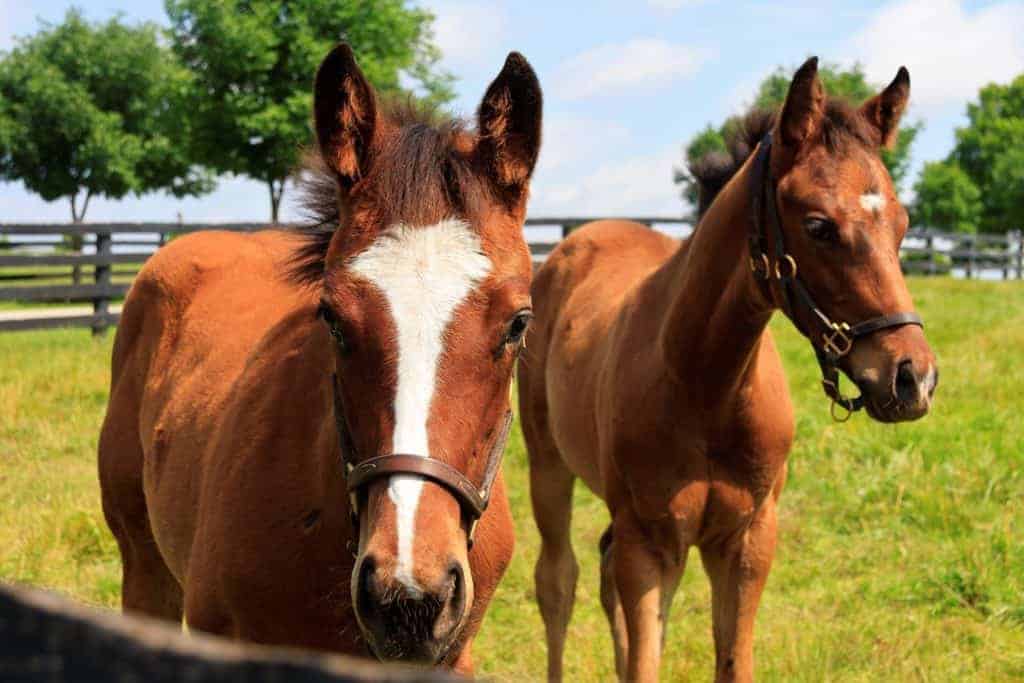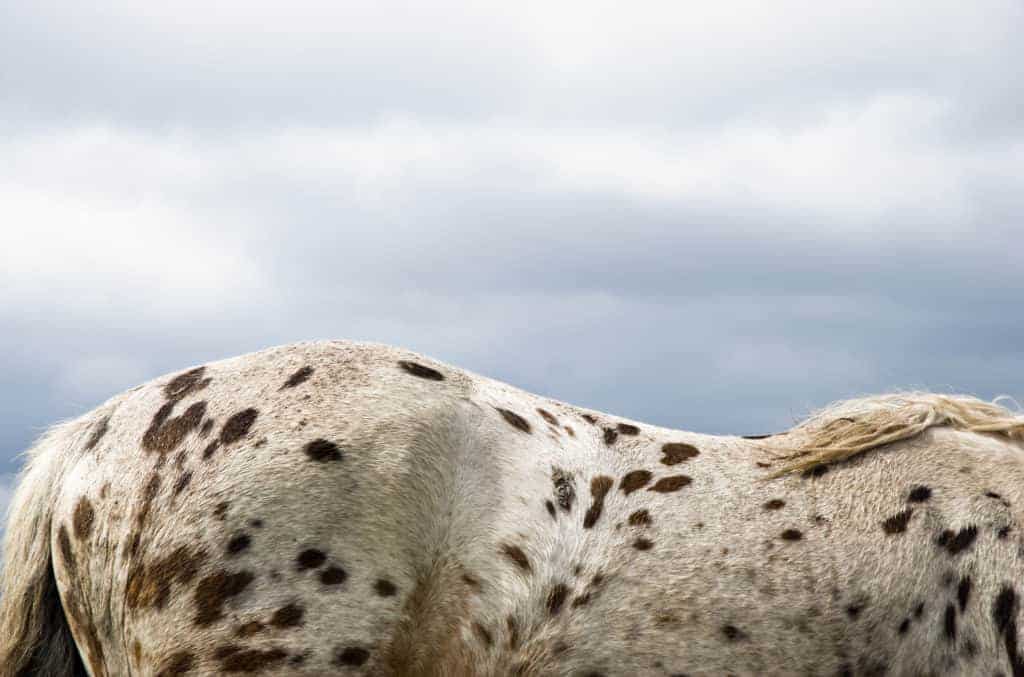
Genetics and Genomics in Racing: Speed Isn’t Everything
Genetic and genomic research could help veterinarians diagnose disease early and select more targeted treatments.
Horse breeding from planning through foal care

Genetic and genomic research could help veterinarians diagnose disease early and select more targeted treatments.

What could be the cause of this horse’s strange eyelid indentation?

A dedicated team of professionals at UC Davis work around the clock to help newborns beat the odds.

More than 80 attendees and guests attended the IEOC’s annual symposium held June 1-3 in Saratoga Springs, New York.

Researchers say this seems to confirm lore that some horse breeds are more susceptible to EMS than others.

Many cases of colic in foals can be corrected medically with the assistance of a veterinarian.

Is your stallion expected to perform in both the breeding shed and the arena? Here’s what you need to know.

Foals are at the greatest risk for internal parasites. Dr. Kenton Morgan offers advice for protecting them.

Unwanted behavior can have a significant impact on mares’ and fillies’ performance across a range of competition events.

Learn the most up-to-date information about when and how to deworm your horses.

The horse resided at a small private barn and, at this time, it appears that only a few horses could have been exposed.

A scientific basis behind breeding can allow for more informed decisions as horse breeding and equestrian sports evolve.

In the Middle Ages sorrel horses outnumbered all other coat colors, with bay and black following close behind.

Vaccination and biosecurity can help keep your horse healthy when you take him off the farm.

The Yakutian horse made one of the fastest evolutionary adaptations known in large mammals, in just 800 years.

Dr. Fernanda Cesar shares the most current research on R. equi, which causes pneumonia in foals.
Stay on top of the most recent Horse Health news with
"*" indicates required fields